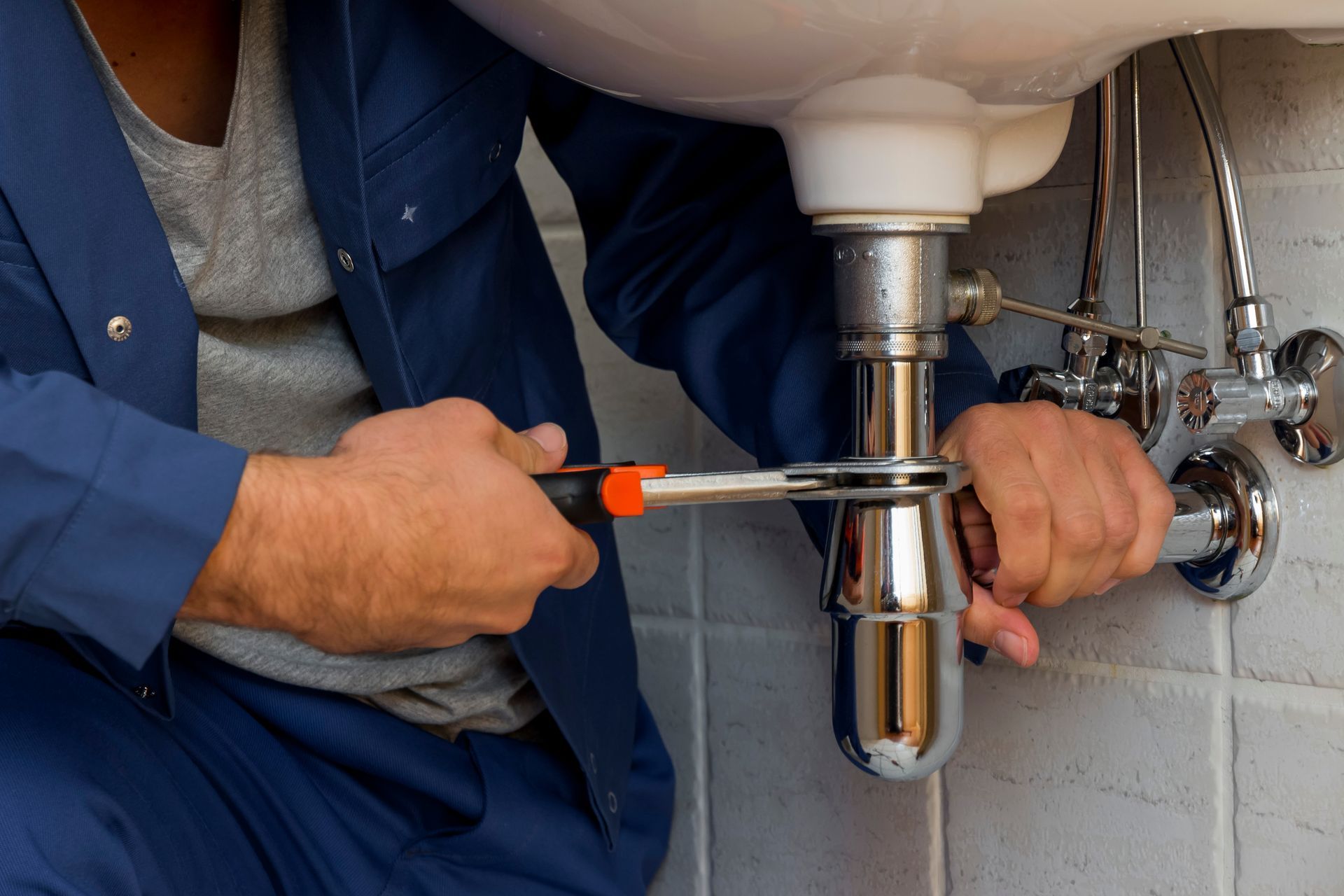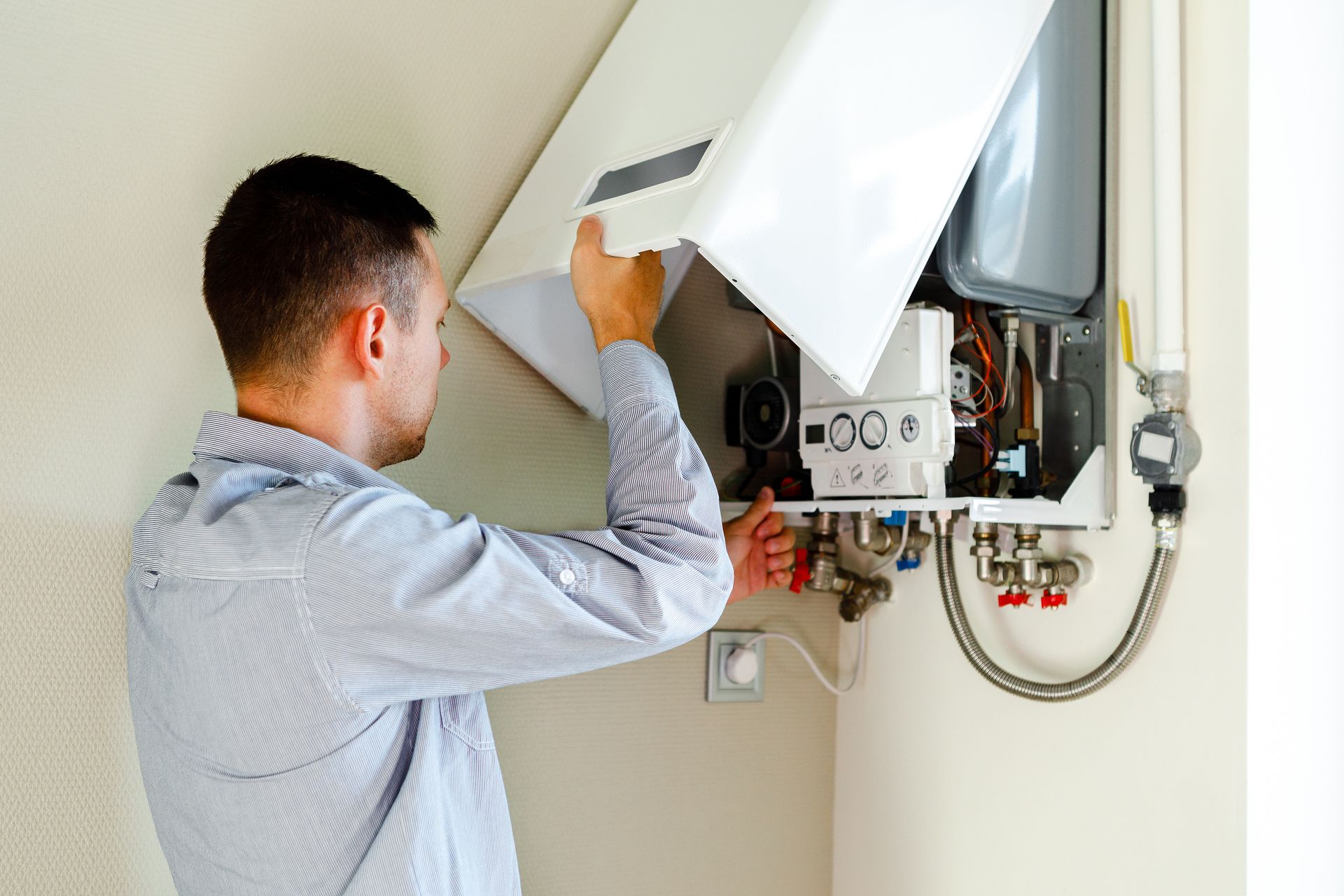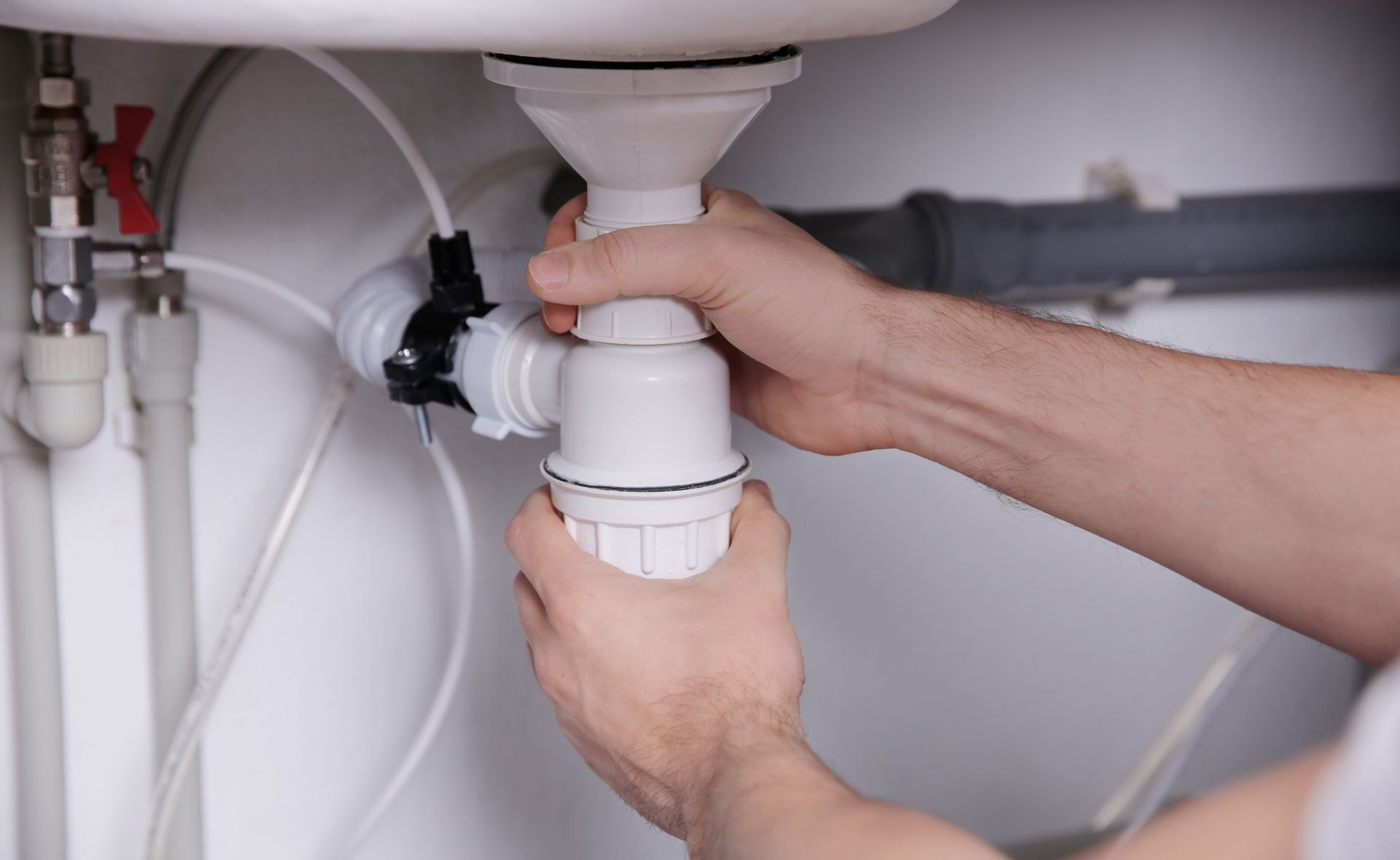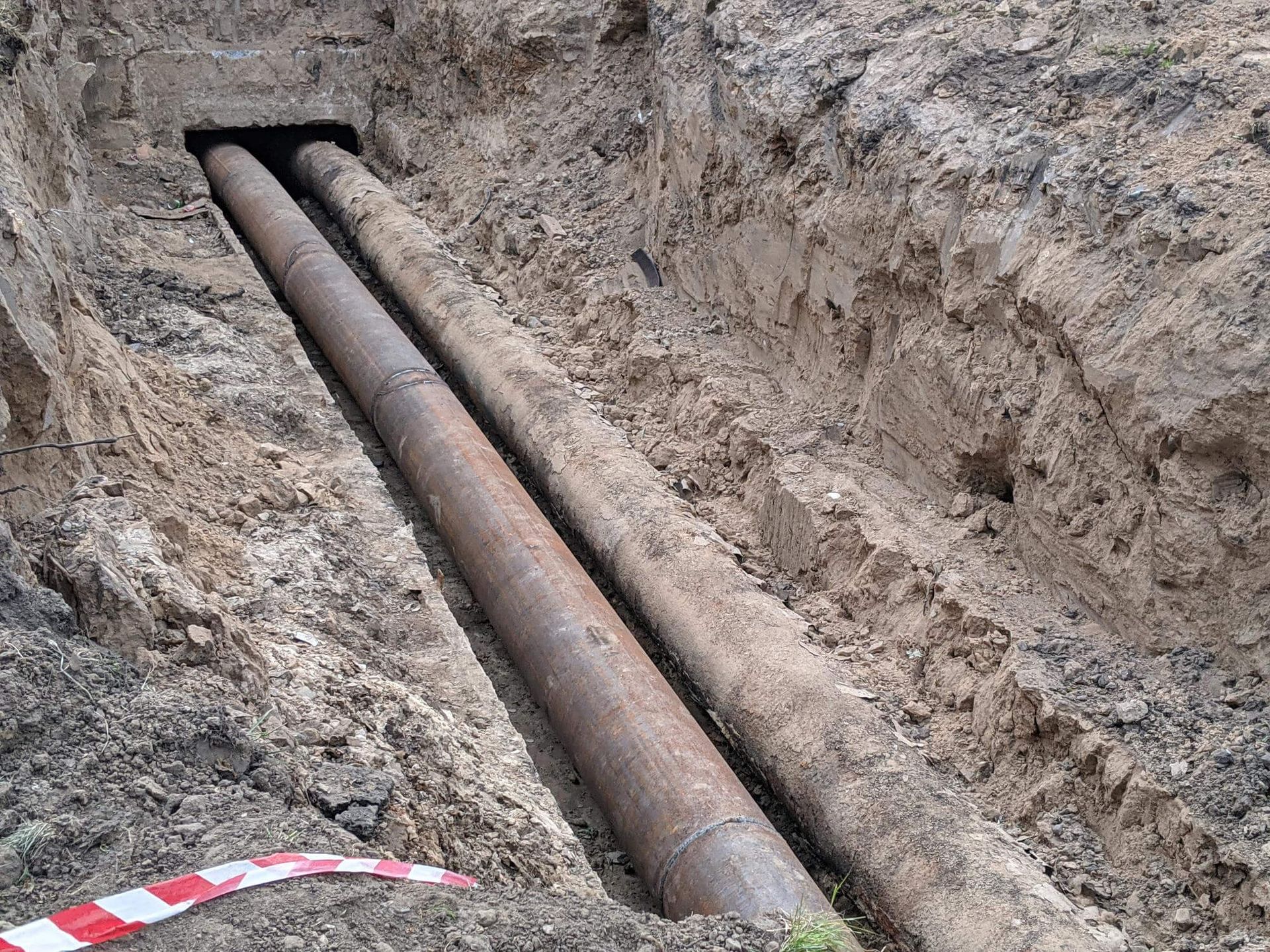Expert Tips and Tricks for Troubleshooting Common Plumbing Issues
Plumbing problems are something that many households have to deal with on a regular basis. Dealing with a dripping faucet or a clogged drain can really throw a wrench in your day and add unnecessary stress to your life.
Overlooking these concerns can result in larger and costlier issues down the line. Rest assured, the majority of plumbing problems can be resolved effortlessly with the appropriate knowledge and tools. In this post, we will discuss some of the most common plumbing problems and provide solutions to fix them.
Dealing with a Dripping Faucet
A leaking faucet not only results in water wastage but can also contribute to an increase in your water bill. The incessant dripping sound can also disturb your sleep and annoy you. Here's a solution for you:
1.
Make sure to shut off the water supply to the faucet.
One way to accomplish this is by simply turning off the valve located under the sink. Alternatively, you can also shut off the main water supply to your house.
2.
Take apart the faucet by removing the handle and unscrewing the faucet assembly.
This will reveal the cartridge or the O-ring. Inspect for any indications of damage or accumulation of dirt.
3. If there is damage to the cartridge or O-ring, it will need to be replaced.
You can easily find replacement parts at your nearby hardware store.
4. Put the faucet back together.
Take your time and carefully reassemble the faucet in the opposite order. Check that each of the connections is securely attached before proceeding
5. Begin by turning on the water supply and proceed to test the faucet. If the dripping continues, it might be necessary to seek help from a professional plumber for additional support.
Dealing with a Clogged Drain
Dealing with a clogged drain is a frequent issue in the world of plumbing, with a multitude of causes including hair, food particles, and grease accumulation. Here's a solution for you:
1. Try using a plunger: If you're dealing with a minor clog, a plunger can be quite handy in creating suction and getting rid of the blockage. Remember to place a damp cloth over the overflow opening for improved suction.
2. Experiment with a combination of baking soda and vinegar: If the plunger doesn't do the trick, you can attempt to unclog the drain by pouring a mixture of baking soda and vinegar down it. This effective remedy can assist in clearing the blockage.
3. Try using a drain snake: If you're dealing with a more stubborn clog, a drain snake or auger can come to the rescue and help you remove the blockage. Place the auger into the drain and rotate it to dislodge the obstruction. Make sure to flush the drain with hot water to effectively clear any remaining debris.
4. Steer clear of chemical drain cleaners: Although they may initially seem like a quick fix for clogs, these products can actually harm your pipes and lead to further issues down the line. It's advisable to steer clear of using them and choose natural solutions instead.
Troubleshooting a Running Toilet
An incessantly running toilet can be quite bothersome and result in significant water wastage. If you notice your toilet is constantly running, here are some steps you can take to resolve the issue:
1.
Ensure the flush handle is in proper working order: Occasionally, a flush handle that is either loose or stuck can be the culprit behind a toilet that won't stop running. Make any necessary adjustments or replacements to the handle.
2.
Inspect the flapper. The flapper is a rubber valve located at the bottom of the tank, responsible for regulating the water flow. If the tank isn't properly sealed, it can lead to a running toilet. If the flapper is worn out, it should be replaced.
3. Make sure the water level is properly adjusted in the tank to prevent any issues with the toilet running. Make sure to adjust the water level to the specified line in order to resolve the problem.
4.
Maintaining the fill valve: The fill valve plays a crucial role in ensuring a steady water supply to the tank. When the toilet is dirty or damaged, it can lead to a running toilet. Ensure the valve is clean or consider replacing it if necessary.
Addressing Low Water Pressure
Insufficient water pressure can really throw a wrench in your daily routine, making simple tasks like showering, washing dishes, and doing laundry a real hassle. Here's a solution:
1. Inspect for leaks: Take a close look at your plumbing system for any signs of visible leaks. A leak can result in reduced water pressure as it redirects the water from its intended destination.
2.
Maintaining the aerator:
Take a moment to clean the small screen located at the end of your faucet. Over time, mineral deposits can accumulate and obstruct the water flow. Take out the aerator and give it a thorough cleaning using vinegar.
3. Ensure the pressure regulator is functioning properly: The pressure regulator is responsible for managing the water pressure that flows from the main line into your home. If it's not working correctly, it can lead to a decrease in water pressure. If necessary, it would be advisable to contact a professional plumber to handle the replacement.
4.
Verify the shut-off valves: Ensure that the shut-off valves beneath your sink or in your shower are completely open. Insufficient water pressure may result from a valve that is not fully open.
Contact The Plumbing Trust for Professional Well Pump Repair Services in Martinsburg, WV
Dealing with plumbing problems is an all too familiar inconvenience that can throw off your daily routine. While certain issues can be resolved with relative ease, there are instances where the expertise of a skilled plumber may be necessary
If you're experiencing any plumbing problems in the Eastern Panhandle of WV, as well as the surrounding areas, our team at
The Plumbing Trust is ready to assist you. Our
plumbing services cover everything from basic repairs to more complex installations like
tankless water heater installation
and
water treatment. We have a comprehensive range of services to meet all of your plumbing needs. Don't allow a plumbing problem to spoil your day - reach out to us at
(304) 249-4956 and book an appointment right away.
FAQs
-
What is the recommended frequency for professional inspections of my pipes?
It's important to have your pipes inspected by a professional plumber every one to two years.
-
Is it safe to use chemical drain cleaners?
Using chemical drain cleaners can have negative effects on both your plumbing system and the environment. It is advisable to refrain from using them and instead choose natural solutions.
-
What could be causing the unusual sounds coming from my water heater?
Unusual sounds coming from your water heater may be a sign of sediment accumulation. It is highly recommended to seek the assistance of a professional plumber when it comes to maintaining and preventing potential problems with your water heater.
-
What steps can be taken to address a plumbing system leak?
If you discover a leak in your plumbing system, it's important to take immediate action. Start by shutting off the main water supply to your house and then reach out to a professional plumber for expert assistance.
-
What is the recommended frequency for septic tank pumping?
Typically, it is recommended to have a septic tank pumped every 3 to 5 years. However, the frequency of this occurrence can vary depending on factors such as the size of your tank and the number of people in your household.
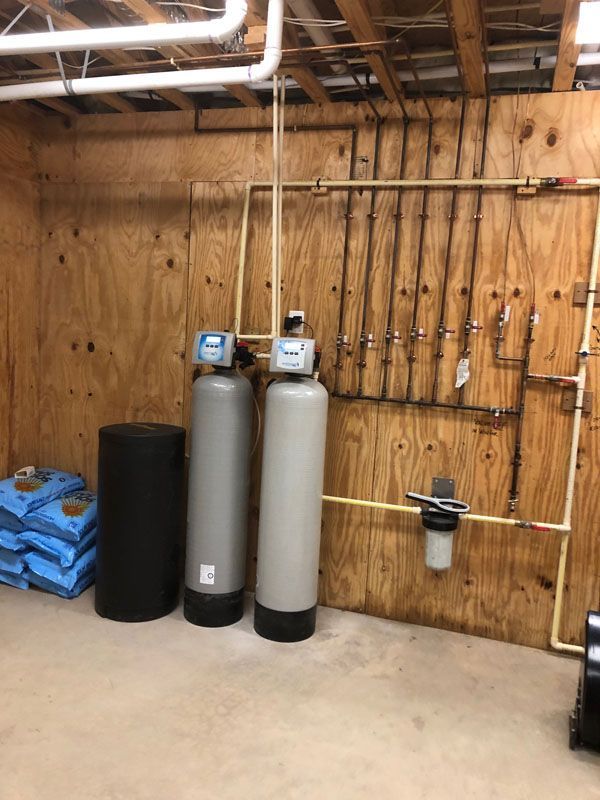
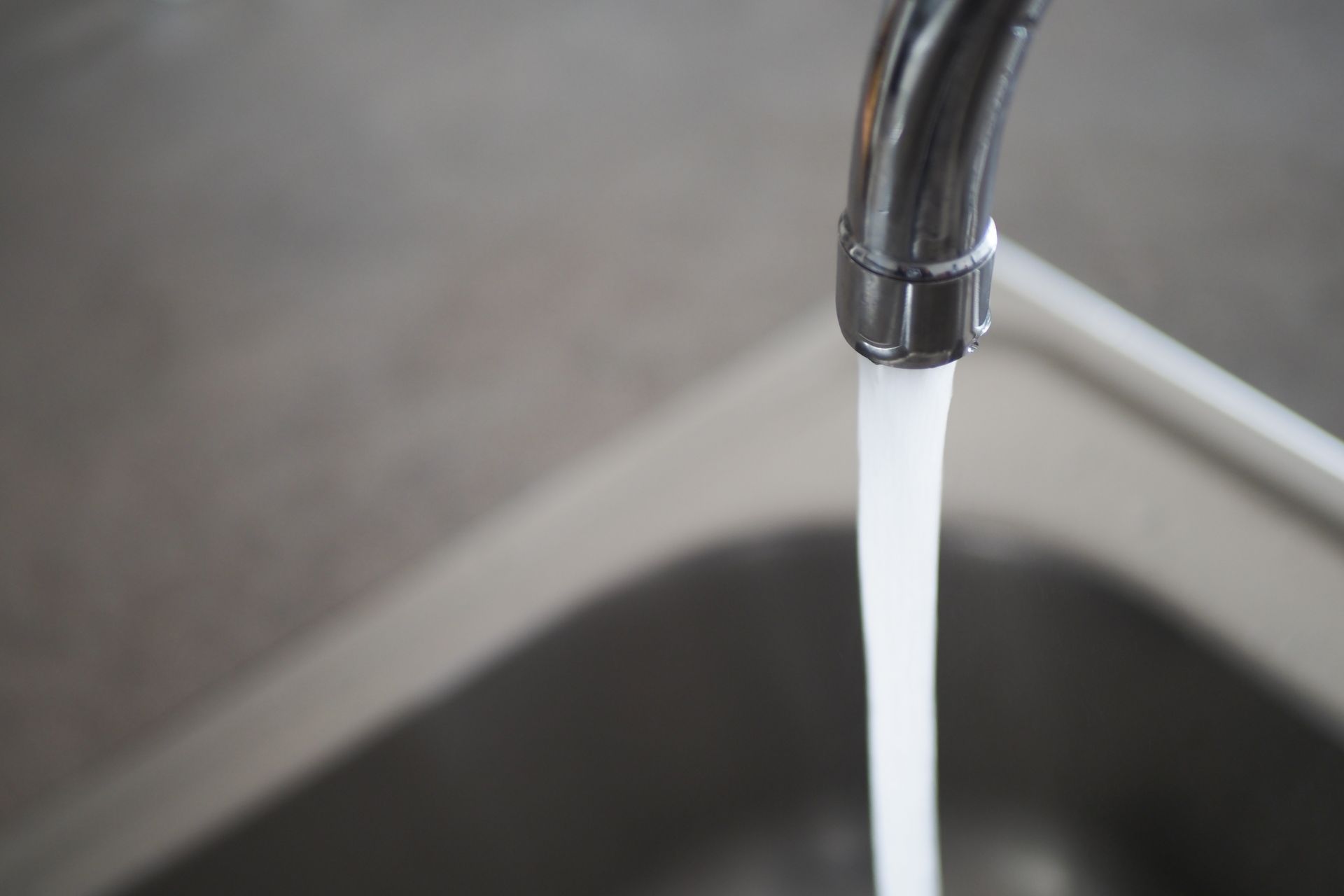
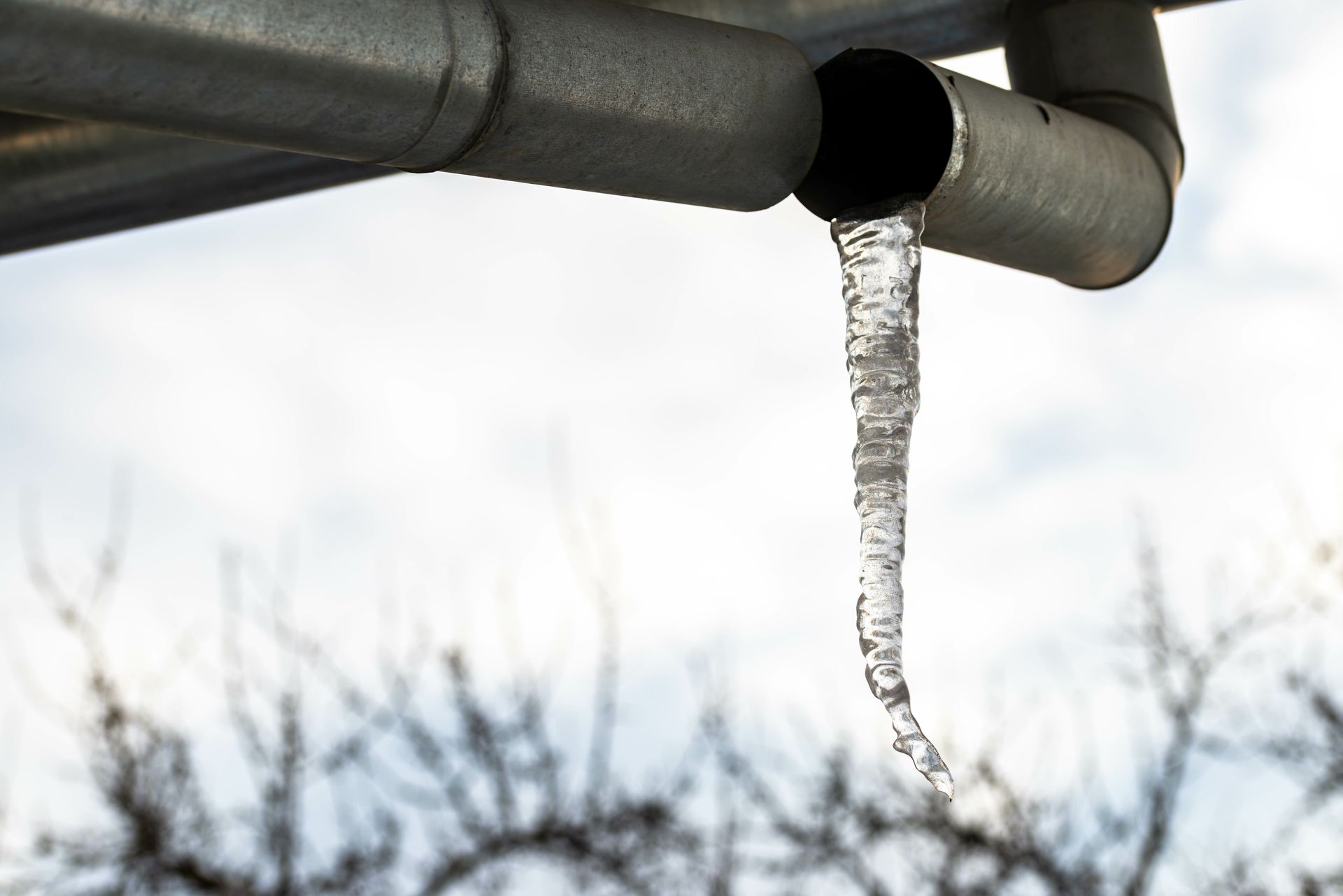
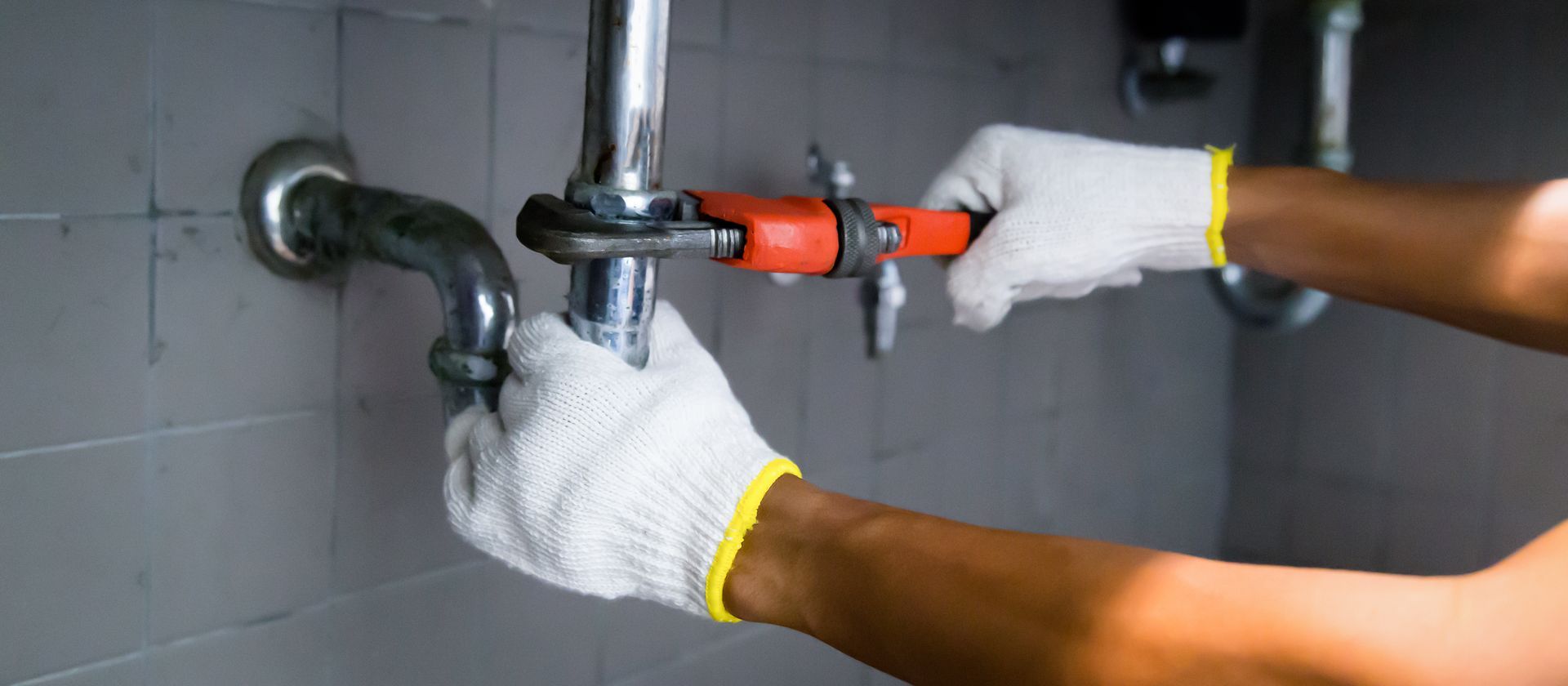

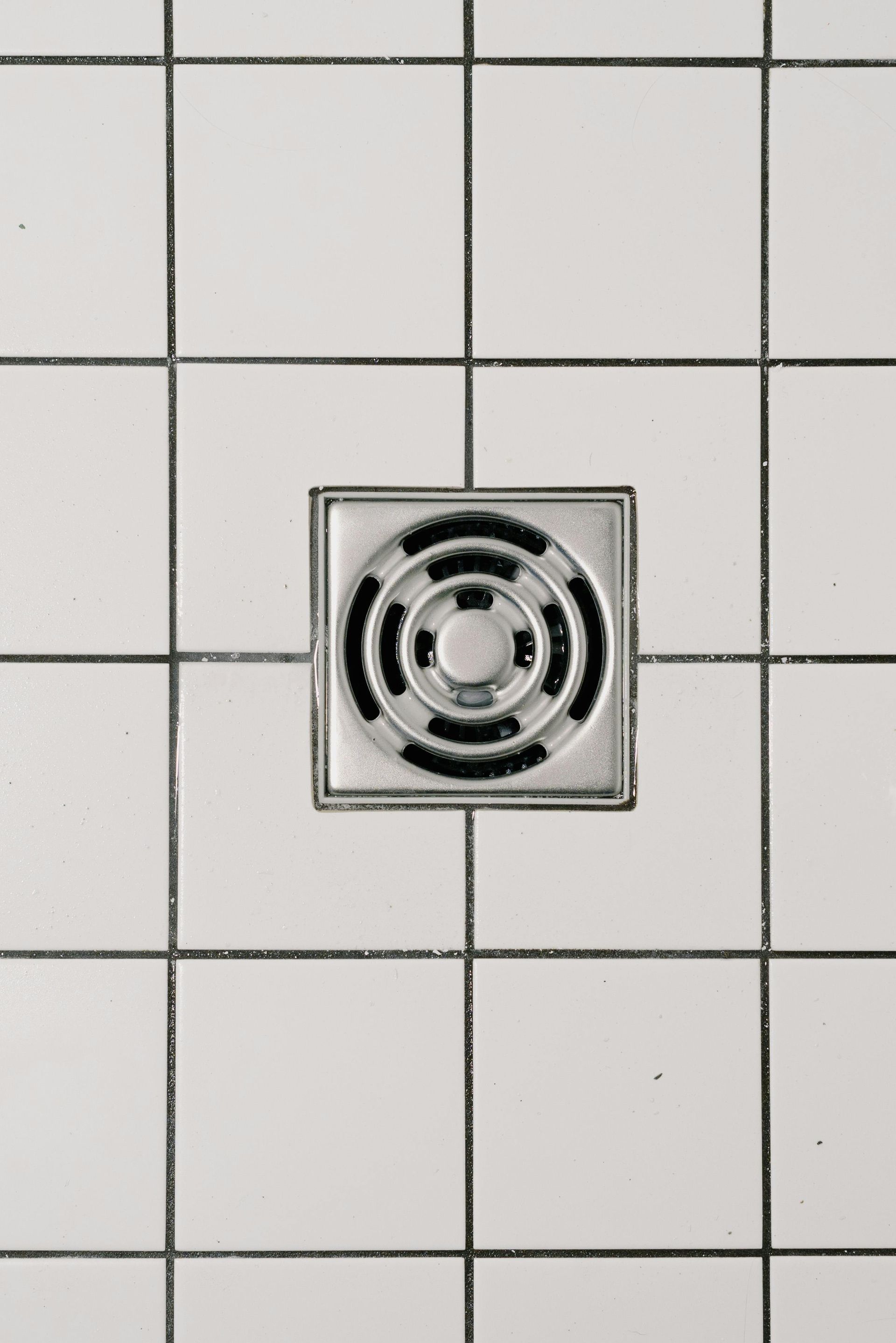
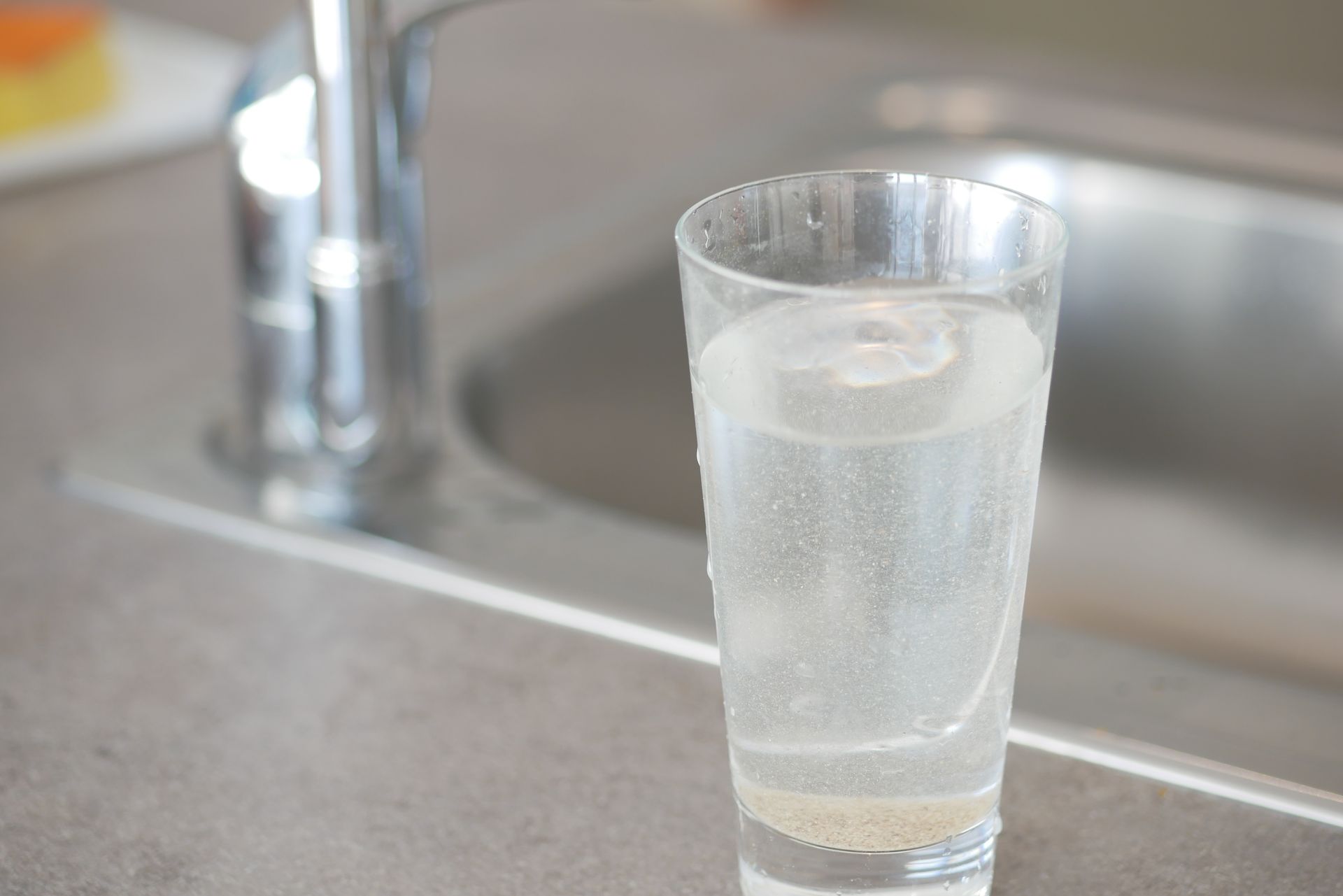
We are located in the middle of Martinsburg. Servicing all of the Eastern Panhandle of WV.
- Mon - Fri
- -
- Sat - Sun
- Closed
24/7 Emergency Services Available
Quick Links
Services
Copyright. The Plumbing Trust. All Rights Reserved.


